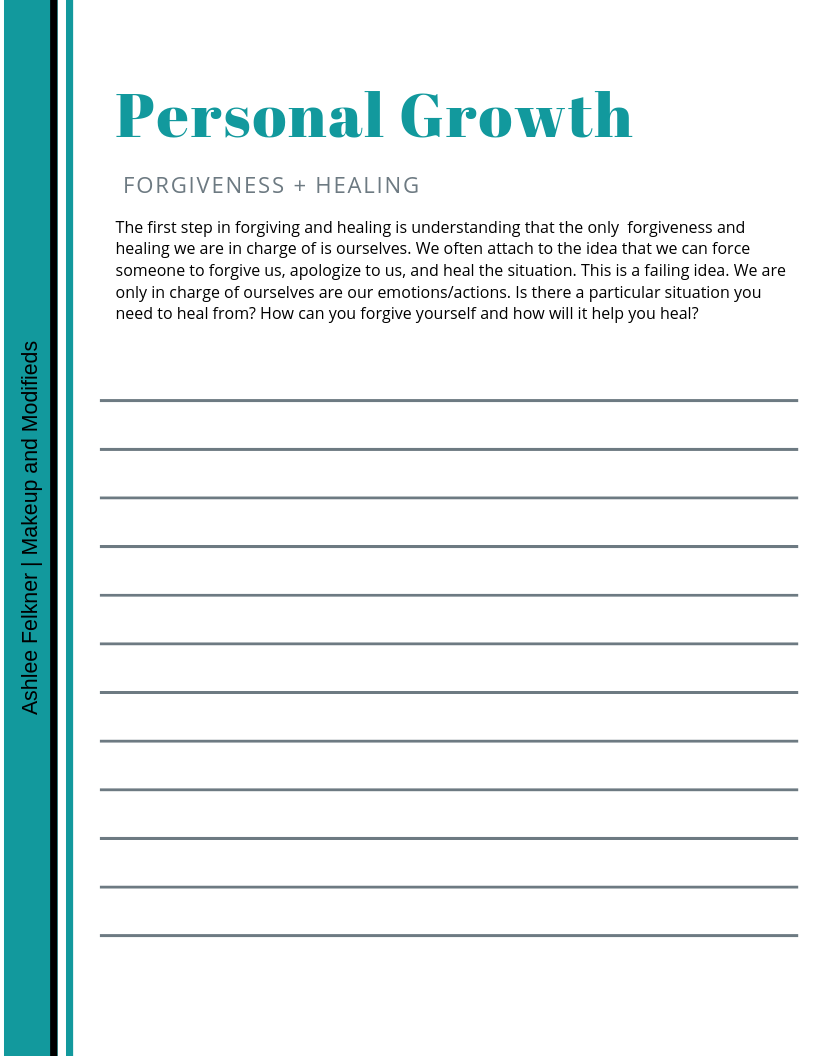In the journey of life, heartbreak is an inevitable reality that most individuals face at some point. The visceral pain associated with loss can seem insurmountable, often leading to feelings of despair, isolation, and discontent. However, within the context of Bahá’í teachings, such experiences are not merely obstacles to be avoided; they are opportunities for profound personal growth, illuminating the path toward forgiveness and healing.
The fundamental premise of the Bahá’í Faith centers around the concept of unity and the indivisibility of humankind. This worldview fundamentally affects how one perceives relational rifts—such as those arising from heartbreak. The Bahá’í perspective encourages individuals to view each challenge as a stepping stone toward deeper understanding and a fuller expression of love. This shift in paradigm is crucial, as it fosters resilience and equips individuals with a framework for healing.
At the core of the Bahá’í teachings lies the principle of forgiveness. Forgiveness is not merely a moralistic obligation; it is a powerful catalyst for personal transformation. In the throes of emotional turmoil, resentment and bitterness can take root. These negative sentiments hinder one’s spiritual and emotional development, leading to a cycle of suffering. The teachings advocate for the release of grudges as a means of liberating oneself from the shackles of emotional anguish. This process enables individuals to transcend their immediate suffering, allowing for a reconnection with their inherent dignity and worth.
Forgiveness in the Bahá’í context incorporates a recognition of the fallibility of human nature. It is a call to appreciate that all individuals are engaged in a shared journey of growth and learning. When one acknowledges their own imperfections, it becomes easier to extend grace to others. This shared humanity fosters an environment where emotional wounds can gradually heal, as it instills a sense of empathy and compassion. The act of forgiveness becomes not merely an altruistic gesture, but rather a profound form of self-care that promotes inner peace.
Healing, in conjunction with forgiveness, emerges as a vital component of the post-heartbreak narrative. The Bahá’í teachings emphasize the importance of engaging in practices that nurture the spirit and foster a connection with the divine. These may include prayer, meditation, and study of sacred texts. Such activities facilitate introspective exploration and provide individuals with the spiritual resources necessary to confront their pain.
Moreover, personal growth is often precipitated by a reassessment of personal values and goals. Heartbreak can serve as a catalyst for reevaluating what is fundamentally significant in one’s life. The teachings encourage individuals to embrace change and allow it to lead them to new beginnings. This sense of renewal can manifest in various forms—pursuing new hobbies, forging different relationships, or committing to personal development initiatives. The experience of heartbreak fosters resilience, making individuals better equipped to face future challenges and cultivate healthier relationships.
The act of transformation through heartbreak also extends to societal dynamics as espoused within Bahá’í principles. Heartbreak often enables individuals to examine the larger context of human relationships and societal structures. It propels one to seek a deeper connection not only with fellow individuals but also with the community at large. Through service and altruism, the Bahá’í teachings illuminate the path toward healing that transcends personal experiences. By fostering connections with others and contributing to communal well-being, individuals can find greater meaning in their journeys and inspire collective healing.
Furthermore, it is essential to recognize that the journey from heartbreak to healing is not linear; it is often a complex tapestry of emotions interwoven with moments of clarity and confusion. Patience emerges as a virtue during this time. The Bahá’í teachings remind individuals of the importance of surrendering to the process rather than forcing a rapid resolution. This mindful approach fosters a deeper emotional and spiritual integration, enriching the overall experience, and ultimately resulting in a more robust fortitude.
As individuals strive for healing, they may encounter notions of gratitude woven into their narratives. The Bahá’í perspective promotes an understanding that even amid suffering, there exist opportunities for gratitude and learning. Finding aspects of one’s experiences to be thankful for—be they lessons learned, strength discovered, or inner resilience developed—contributes to a more holistic healing process. This practice of gratitude shifts the focus from loss to growth, allowing individuals to cultivate a mindset oriented toward positivity and hope.
In conclusion, the pathway from heartbreak to healing, as illuminated by Bahá’í teachings, is rich with opportunities for forgiveness, personal growth, and societal contribution. Understanding that heartbreak can catalyze profound spiritual and emotional growth transforms it from a mere source of suffering to a significant chapter in one’s journey toward greater enlightenment. The teachings encourage embracing the complexities of human relationships, recognizing shared humanity, and ultimately finding strength in vulnerability. In this way, individuals not only heal themselves but contribute to the greater tapestry of human unity, fostering love and compassion within and outside themselves.
